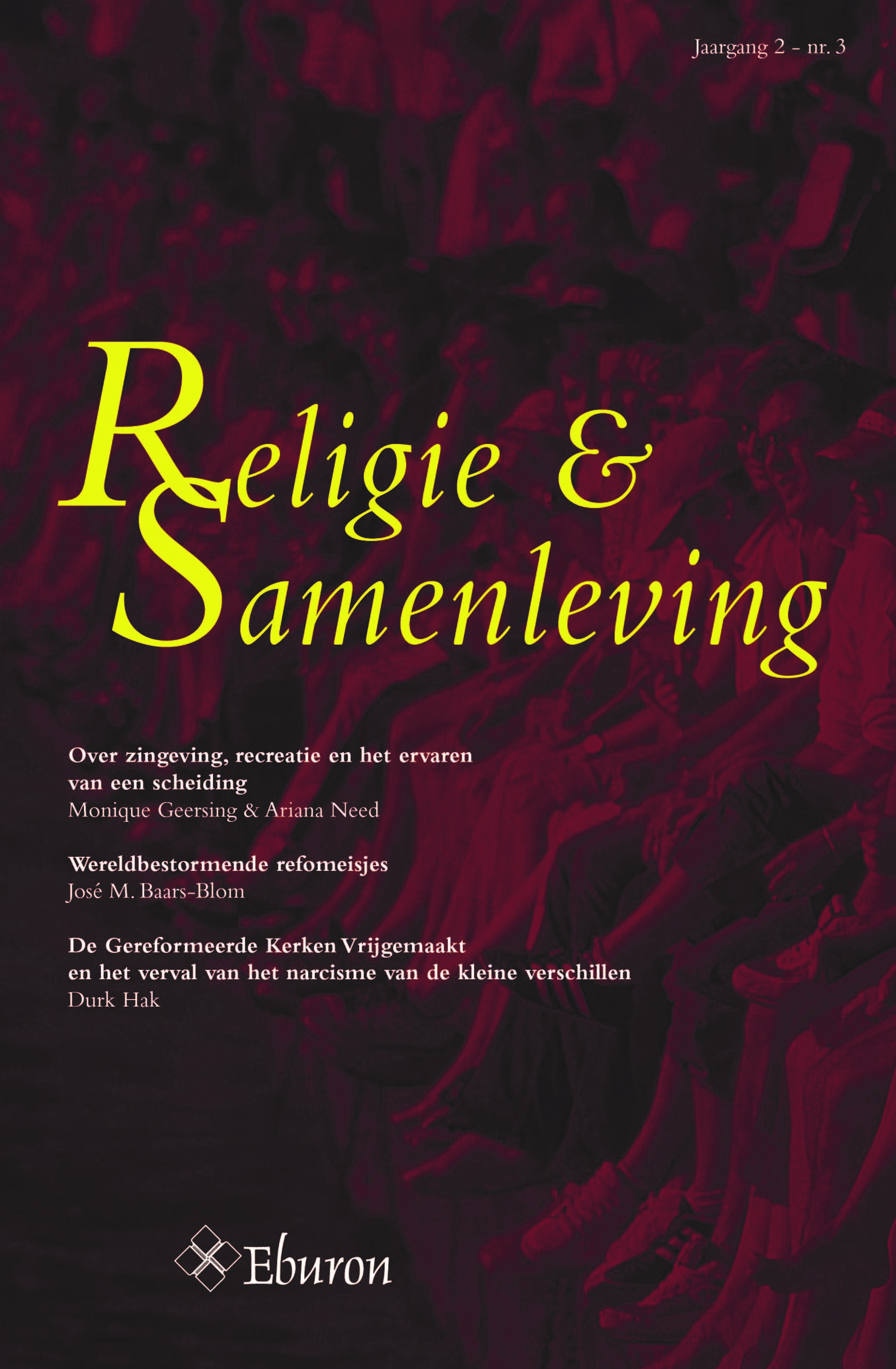Over zingeving, recreatie en het ervaren van een scheiding
DOI:
https://doi.org/10.54195/RS.13191Samenvatting
In this article, the presence of alternative spirituality and its relationship to institutional religion is examined using data collected in Nijmegen between 1998 and 2004. Alternative practices are divided into two groups: practices concerned with personal well-being (Yoga) and practices concerned with alternative spirituality (New Age). First of all, our analyses showed that a majority of the Dutch is not very interested in alternative spirituality. Secondly, individuals believing in a God or higher power are more likely to engage with alternative practices. Belief in a God or higher power explains the lower engagement of non-church members in Yoga. However, these beliefs in a higher power cannot explain why individuals who are divorced are more likely to engage in alternative spirituality.




